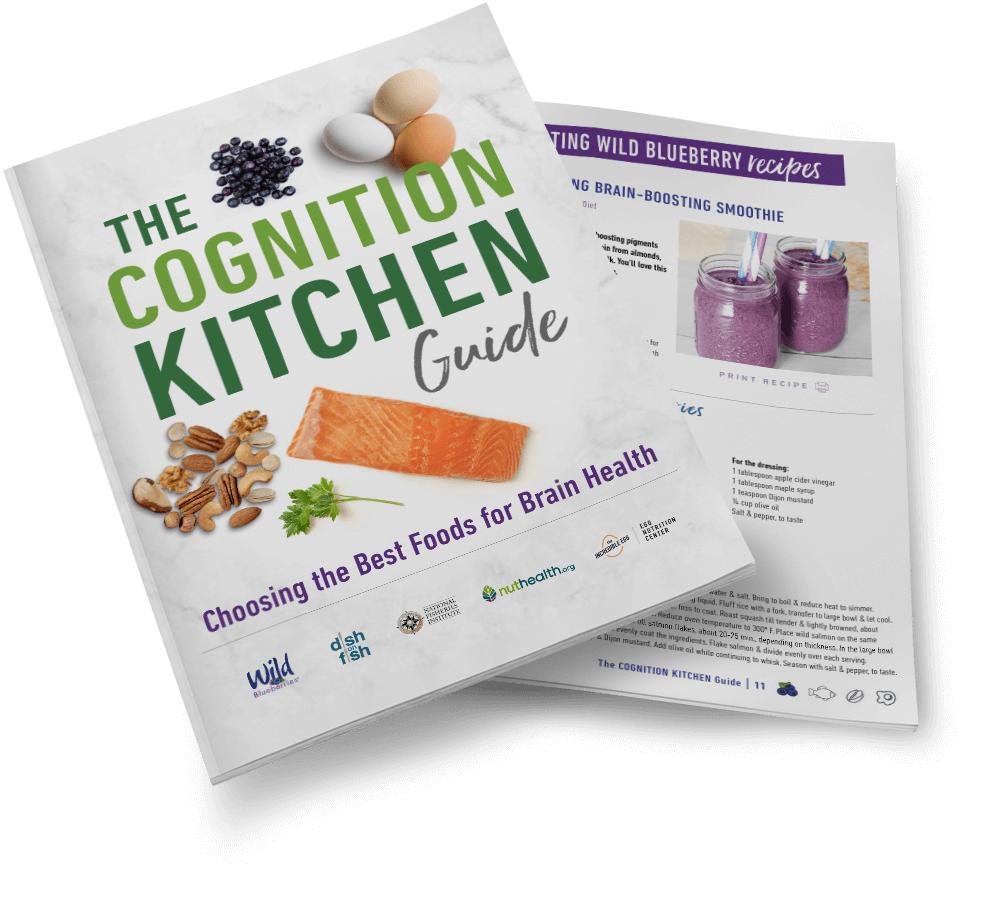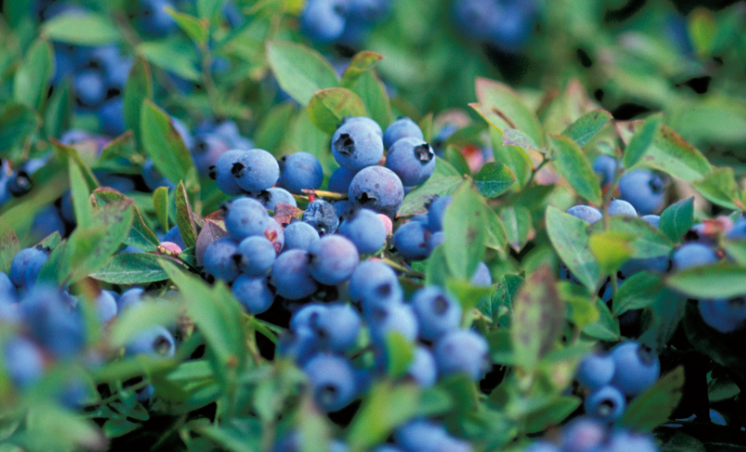New Research Links Eating Flavonoid-Filled Foods to 20% Lower Risk of Cognitive Decline
As another wild blueberry harvest season wraps up in Maine, farmers are freezing these little blue gems so people around the country can enjoy them year round. Over the years, wild blues have earned the nickname “brain berries” and new research further supports this reputation. The new study tracked participants for 20 years and revealed that those who ate a diet of flavonoid-filled foods (like strawberries, oranges, peppers, and yes, of course, wild blueberries!) reported less cognitive issues. Overall, researchers saw a 20% lower risk of cognitive decline over the research period.
What Are Flavonoids?
Flavonoids are naturally occurring compounds found in plants that are associated with health benefits due to their various bioactivities or actions that promote good health.. One of their important bioactivities is that they are powerful antioxidants. Flavonoids are found in all plant-based foods, but there are higher concentrations in deeply colored fruits and vegetables like wild blueberries. Anthocyanins (a type of flavonoid with antioxidant effects) give wild blueberries their deep purply, blue hue–in fact, wild blueberries have 33% more brain-healthy anthocyanins than ordinary blueberries.
Now that we’ve covered Flavonoids, let’s dive into the study a bit.
About the Study: Flavonoids Are Good For Brains of All Ages!
- The study used population statistics to analyze responses obtained from about 50 thousand women and 25 thousand men, all middle aged, regarding their self-perceived cognitive ability, and their dietary habits.
- These standardized questionnaires were completed a few times over the 20 year period by the study participants and were designed to provide an assessment of early memory problems. Question examples include:
- “Do you have more trouble than usual remembering recent events?”
- “Do you have more trouble than usual remembering a short list of items?”
- Participants were categorized into groups based on their reported intake of flavonoids (dietary habits)
- Study analysis revealed that participants in the highest flavonoid intake category (about 600 mg per day (2.5 cups) ) had about 20% lower relative risk of memory loss compared to participants in the lowest intake category (about 150mg or ¾ cups flavonoids per day).
- For reference, one cup of wild blueberries contains about 200mg of total flavonoids, almost entirely in the form of anthocyanins.
What Does This Study Mean for Brain Health?
The evidence reported in this study alone is notable, but this study also adds to the growing body of evidence from other population studies, which all present similar findings–specifically, that greater flavonoid (especially anthocyanin) intake is associated with better health outcomes. So, as you consider some recipes for your family’s table, grab a healthy scoop of wild blueberries (a.k.a. brain berries) to help your noggins today and everyday! You can find them in the freezer aisle of your local grocery store (just make sure the package says wild on it).
Curious to learn more about wild blueberries and their brain health benefits? Check out our website and follow along on social–Instagram, Facebook, and Twitter–to get some wild blue goodness in your day, everyday.
Get Great Recipes & More Each Month!
Sign up for occasional emails with recipes, health and nutrition tips, and more.

More About Brain Health
Blu-Flow study spotlights wild blueberries’ support of cardiovascular and cognitive function
New Research Study Indicates Wild Blueberries Improve Brain’s Processing Speed
A Healthy Heart Month “Two-fer” From Wild Blueberries
The Seven Wild Ways to a Healthy Brain in 2024
The Wild Difference: Celebrating Wild Foods Day All Month Long

DOWNLOAD THE COGNITION KITCHEN GUIDE
A free resource to help you and your family start eating for brain health today. Find recipes, a grocery list, easy-to-understand health research, and more.

